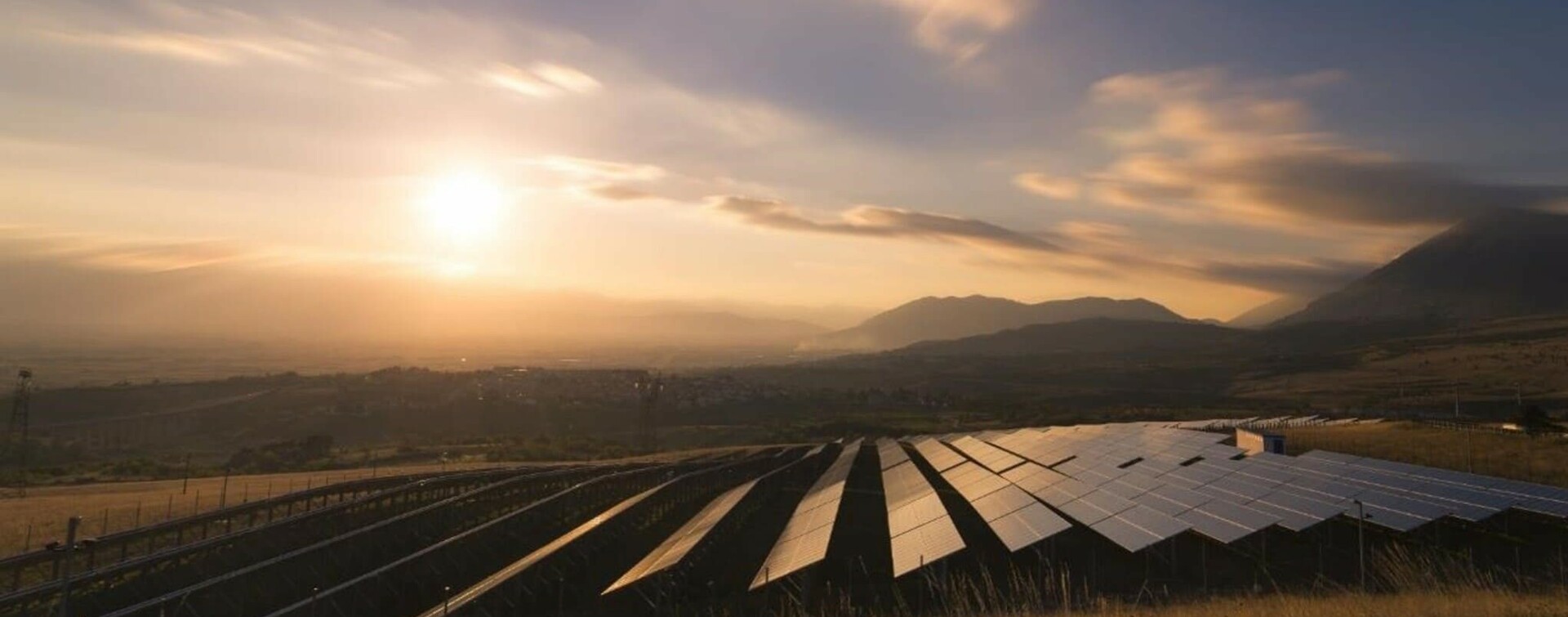Decoding the 2025 Industrial Strategy and Clean Energy Sector Plan
Nathan Dad, Head of Industry and Commercial Supply Sales at SmartestEnergy, explores the UK Government’s 2025 Industrial Strategy and Clean Energy Industries Sector Plan, detailing how these initiatives aim to increase competitiveness, accelerate investment and drive decarbonisation across the energy market.

The UK's ambition to be a clean energy superpower has taken a significant step forward with the unveiling of the government's 2025 Industrial Strategy, particularly its detailed Clean Energy Industries Sector Plan.
This landmark strategy reframes clean energy not just as an environmental objective, but as a core "growth sector" and economic pillar for Britain's future. The mission to decarbonise by 2030 is now explicitly linked to industrial competitiveness and energy security.
As Robert Groves, CEO at SmartestEnergy says, "The government rightly recognises the clean energy transition as the economic opportunity of the 21st century. But if the UK is going to turn ambition into delivery, we must first see the right support for businesses in navigating the journey to net zero by 2050.
The government’s prioritisation of technologies such as nuclear, carbon capture, and battery storage is the right choice as Britain scales its clean energy availability. Having the technology in place is vital, but for the UK to stay competitive and meet climate targets, businesses also need to be empowered with the right knowledge to capitalise on these technologies and navigate the complex energy market with confidence.”
The new Industrial Strategy directly aims to reduce uncertainty and volatility for private investment, addressing key challenges like long grid connection queues and inconsistent energy reporting standards. This move is designed to remove barriers to Britain’s clean energy superpower ambition.
Below we'll explore how the new Industrial Strategy accelerates the energy transition, empowering C&I businesses, generators and renewable developers.
What it means for C&I businesses: Enabling competitiveness and driving decarbonisation
The Clean Energy Industries Sector Plan outlines a range of commitments and plans designed to support decarbonisation, enhance efficiency, and foster innovation, with the ultimate goal of driving down energy costs and improving industrial competitiveness.
- Support for electrification and cost reduction: The strategy has emphasised reducing the cost of electricity for the most energy-intensive industries. Proposals include exempting companies within these industries from certain costs like the Renewables Obligation and Feed-in Tariff, potentially saving £35-40/MWh. The British Industry Supercharger also proposes uplifting network charging compensation to 90% for around 500 eligible businesses, directly reducing the competitive gap with other countries. The existing Energy Intensive Industries (EII) compensation scheme is set to continue, with a review planned for the end of 2025 to align with the Carbon Border Adjustment Mechanism’s (CBAM) implementation in 2027.
- Navigating volatile markets with stable clean power: The strategy supports flexibility within the energy system to provide businesses with stable, clean power. There's a strong emphasis on supporting Corporate Power Purchase Agreements (CPPAs), empowering businesses with greater access to stable, long-term energy prices.
- Faster connections and smarter energy use: Addressing the persistent challenge of grid connections, the strategy introduces the Connections Accelerator Service to fast-track strategically important projects. Additionally, it includes significant investment in grids through Ofgem’s Grid Adoption Fund and a focus on digitalisation and efficiency through the Made Smarter programme.
- Consistent corporate reporting standards: To ease reporting challenges, the government is endorsing the global corporate baseline of IFRS Sustainability Disclosure Standards. This move towards consistent standards is poised to provide much-needed clarity for businesses.
A focus for Generation: Unleashing investment and accelerating deployment
The 2025 Industrial Strategy also addresses key challenges faced by renewable developers and generators. The government’s latest approach aims to instil confidence in investors and strategically leverage private and public finance to propel the UK towards its Clean Power 2030 goal.
- Driving investment and de-risking finance: There is a focus on doubling clean energy investment to over £30bn per year by 2035 and removing planning and grid barriers. Public finance mechanisms include a new £1bn Clean Energy Supply Chain Fund through Great British Energy (GBE) and £27.8bn from the National Wealth Fund. The Strategic Spatial Energy Plan (SSEP) is also expected late 2026 and will further support infrastructure planning across Britain by identifying necessary locations, quantities, and types of infrastructure for future demand.
- Refining Contracts for Difference (CfDs): Continued support for CfDs remains a priority in the latest strategy, with reforms underway to improve bankability and long-term value for generators. Key proposed changes include relaxing criteria for offshore wind to allow earlier awards, maximising volume in future auction rounds, and publishing a clear auction schedule for improved transparency. The successful Clean Industry Bonus is also being considered for expansion to hydrogen and onshore wind.
- Increasing the number of UK-Based Clean Energy Supply Chains: Developing robust UK-based supply chains, creating opportunities to scale and export. This includes a £700m allocation by Great British Energy for domestic manufacturing facilities and £5.8bn from the National Wealth Fund for innovative industrial decarbonisation projects (including carbon capture, hydrogen, green steel, ports). Finally, with £9.4bn already allocated for CCUS clusters like Acorn and Viking, the Department for Energy Security and Net Zero (DESNZ) will increase itself support for clean energy international exports, particularly in hydrogen and Carbon Capture, Utilisation, and Storage (CCUS).
- Accelerating Frontier Industries Deployment: The strategy includes deployment commitments for key "frontier industries" such as offshore wind, nuclear, and hydrogen. An auction schedule is set to leverage up to £9bn in private investment, while a new onshore wind strategy will publish over 40 actions to accelerate deployment.
These signals and commitments provide substantial clarity for businesses and generators. While specific policy details are still evolving, the overarching framework for "the right support for businesses in navigating the journey to net zero" is firmly emerging.
Looking ahead
For businesses seeking to decarbonise, key areas to monitor include upcoming consultations on IFRS Sustainability Disclosure Standards, implementation details of the British Industrial Competitiveness Scheme, and the practical application of the Connections Accelerator Service.
For enterprising generators, attention should be on the Strategic Spatial Energy Plan (SSEP), updates on NESO’s connection reforms, and the confirmation of the government's position on CfD reforms, particularly those aimed at enhancing bankability and long-term value.
SmartestEnergy remains dedicated to supporting our customers and partners through these market transformations, empowering a greener generation and contributing to a cleaner, more resilient energy future for Britain.
Watch this space for a deeper dive into the 2025 Industrial Strategy and Clean Sector Plan, with analysis from Angus Widdowson, Head of Generation Sales and Structuring at SmartestEnergy.

Empowering the UK transition to net zero
We understand that every company has unique renewable energy needs and that their path to net zero isn't straightforward.
Whether you’re a business consumer, a generator, or a partner, we’re here to help you better understand what it means to be net zero, and how you can get there.


